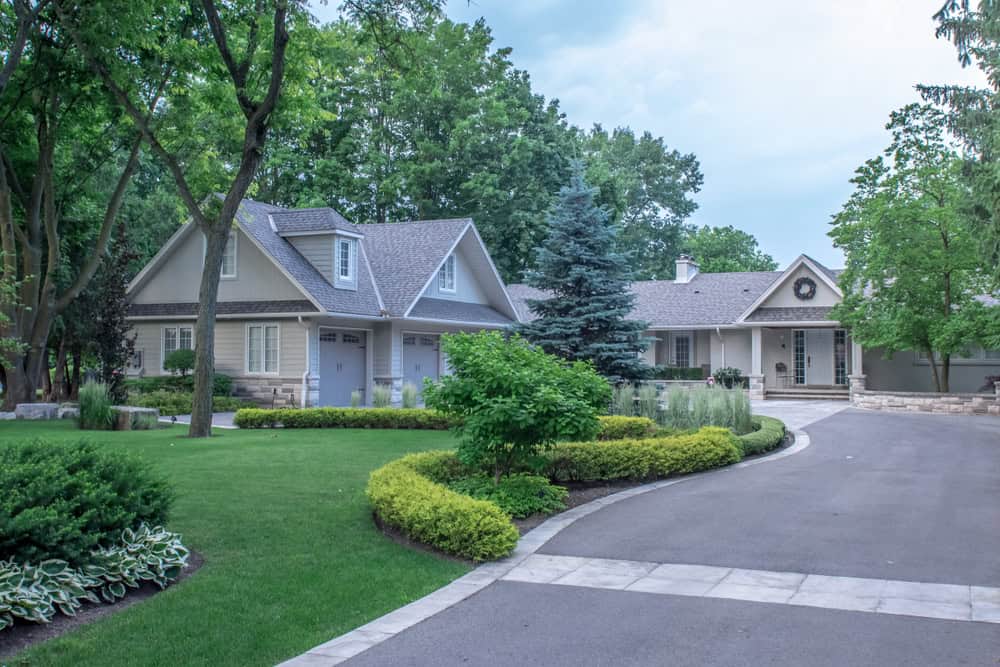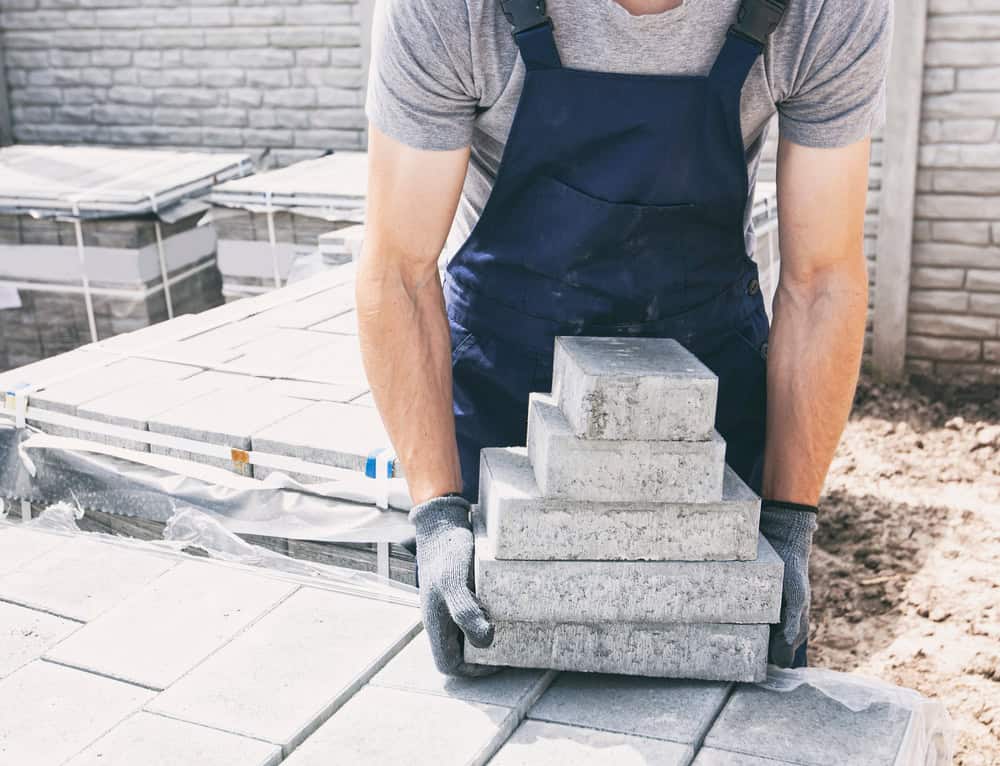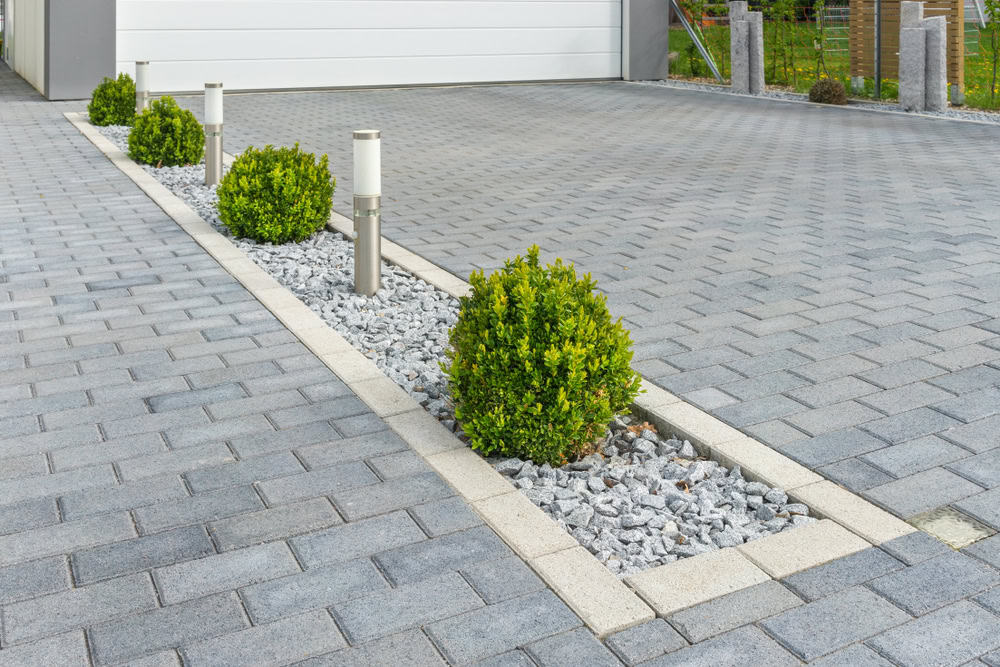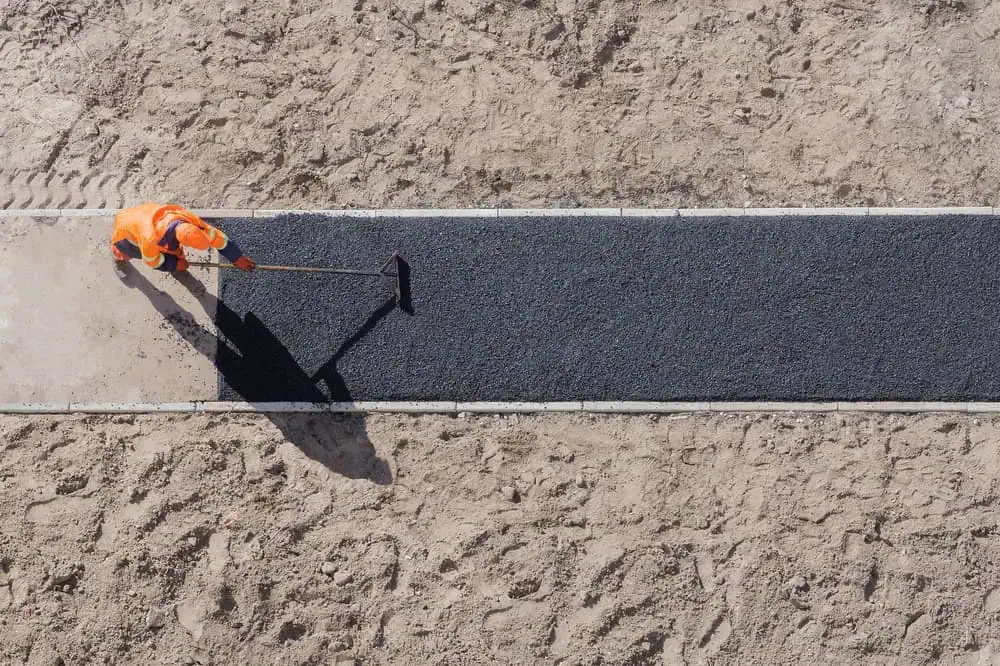Professional paver installation that handles freeze-thaw cycles without cracking, settling, or creating drainage headaches.


Your backyard becomes the place where summer barbecues happen and morning coffee tastes better. No more looking at that cracked concrete patio wondering when you’ll finally do something about it.
Properly installed pavers handle Lincoln’s weather without the constant maintenance headaches you get with other materials. They drain well, stay level, and when one does need replacing years down the road, you swap out individual pieces instead of jackhammering the whole thing.
You get a surface that looks intentional and finished. Something that makes your neighbors take notice and makes you feel good about coming home.
We’ve been handling paver installations in Lincoln and surrounding MetroWest communities for years. We understand how the local soil behaves, what drainage challenges you’re dealing with, and how to build something that stays put.
Most paver failures happen because someone skipped steps in the base preparation. We don’t skip steps. We’ve seen what happens when contractors rush the foundation work, and we’ve fixed plenty of those jobs.

First, we excavate to the proper depth and grade everything for drainage. This isn’t negotiable in New England – water needs somewhere to go or you’ll have problems.
Next comes the base preparation. We use crushed stone, compact it in lifts, and get it perfectly level. This is where most contractors cut corners and where most failures start. We don’t.
Then we install edge restraints to keep everything locked in place, lay the pavers with proper joint spacing, and finish with polymeric sand that hardens to prevent weeds and shifting. The whole process takes time, but it’s time well spent when your patio is still perfect five years later.

Ready to get started?
You get complete site preparation, proper base installation, professional paver laying, and final sealing. We handle permits if needed and coordinate with utilities for any marking requirements.
We work with the full range of paver materials – from classic brick to natural stone to modern concrete pavers. The choice depends on your home’s style, your budget, and how you plan to use the space.
Every installation includes proper drainage solutions. In Lincoln, this usually means connecting to existing drainage or creating new solutions that direct water away from your foundation. We’ve dealt with the clay soils and seasonal water table issues common in this area, so we know what works.

Local Resources